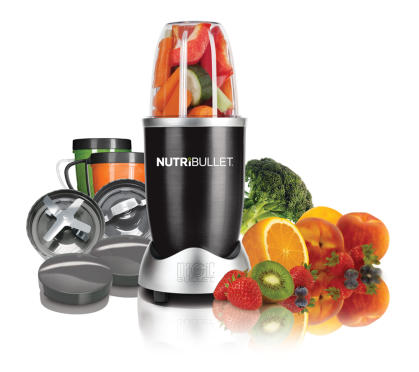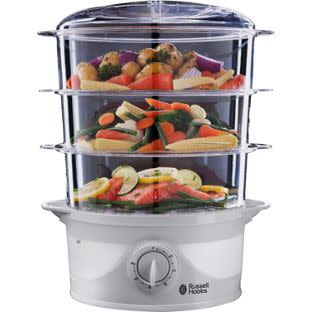Want to live to 100? Eat like the Japanese!

If you want to live to be 100, you could do worse than to eat like the Japanese. The average life expectancy in Japan is 83.1 years (ranked 2nd highest in the world). People living in Okinawa, a chain of islands in the East China Sea, live even longer. In fact, five times as many Okinawans live to be 100 as those living elsewhere in Japan and the islands produce more 100-year olds, per head of population, than anywhere else in the world.
Healthy in old age
As well as being home to some of the longest-living people in the world, Okinawa's population is noted for being healthy in old age. According to the Okinawan Centenarian Study, now in its 25th year, Okinawans are 80% less likely to get heart disease, 50% less likely to get colon cancer, and 25% less likely to get breast or prostate cancer than people in the Western world. So what's their secret?
The Okinawan diet
Experts believe that the Okinawan's longevity is mostly down to diet. The cuisine here is less likely to be sushi, like other parts of Japan. Instead, you're more likely to find lots of sweet potatoes, goya (a bitter kind of melon) tofu, fish and pork are on the menu.
Traditionally, the Okinawan diet is based on sweet potato (nearly 70 per cent of their daily calorie intake is said to come from sweet potatoes), leafy greens and sea vegetables.
While the islanders eat rice and fish, they consume them in much smaller quantities than the rest of Japan – typically eating less than half a serving of fish per day. And though they're fond of pork, it's mainly eaten at monthly festivals, leaving most days meat-free. Other favourite foods include soy, buckwheat noodles and green tea.
Easy changes to your diet
Okay, so you're not likely to find goya in your local Tesco Express, but that doesn't mean you can't incorporate a few tips from the Okinawans in your daily diet.
Eat seven servings of fruits and vegetables a day. Aim for a rainbow of colours but if you want to be like the Okinawans, include plenty of sweet potatoes and watermelons.
Eat more fish. Most people in the West eat twice as much meat as fish – yet most us would benefit from swapping meat for fish (especially oily fish which is high in heart-protective omega 3 fatty acids) for two or three days of the week. Think about going vegetarian for three days of the few days, and cut back on dairy too.
Drink green tea: The Japanese drink green tea like we drink PG Tips. Swap your usual cuppa for green tea. It's low in caffeine and has cancer-fighting properties.
Eat soy: Aim to have one or two servings of soy products a day, such as tofu or soy beans.
Eat buckwheat soba noodles: these are rich in antioxidants, known to fight free radicals and help lower the risk of many cancers. Buckwheat soba noodles contain a flavonoid called rutin which is believed to protect against disease and help to maintain blood flow and prevent clotting.
Don't drink alcohol.
Finally, don't forget to exercise. Okinawa is famous for martial arts and most islanders keep fit by doing karate or tai chi. If you don't fancy taking up either of those, be sure to walk and stretch every day. Okinawans are also known for their relaxed outlook (they don't constantly hurry through their day), meditate regularly and have good family and social support systems.
Three kitchen gadgets to help you eat more fruit and vegetables:


Russell Hobbs 21140 3 Tier Steamer, £19.99

Bella BEJU01 Whole Fruit Juicer, £59.99
Related videos:




